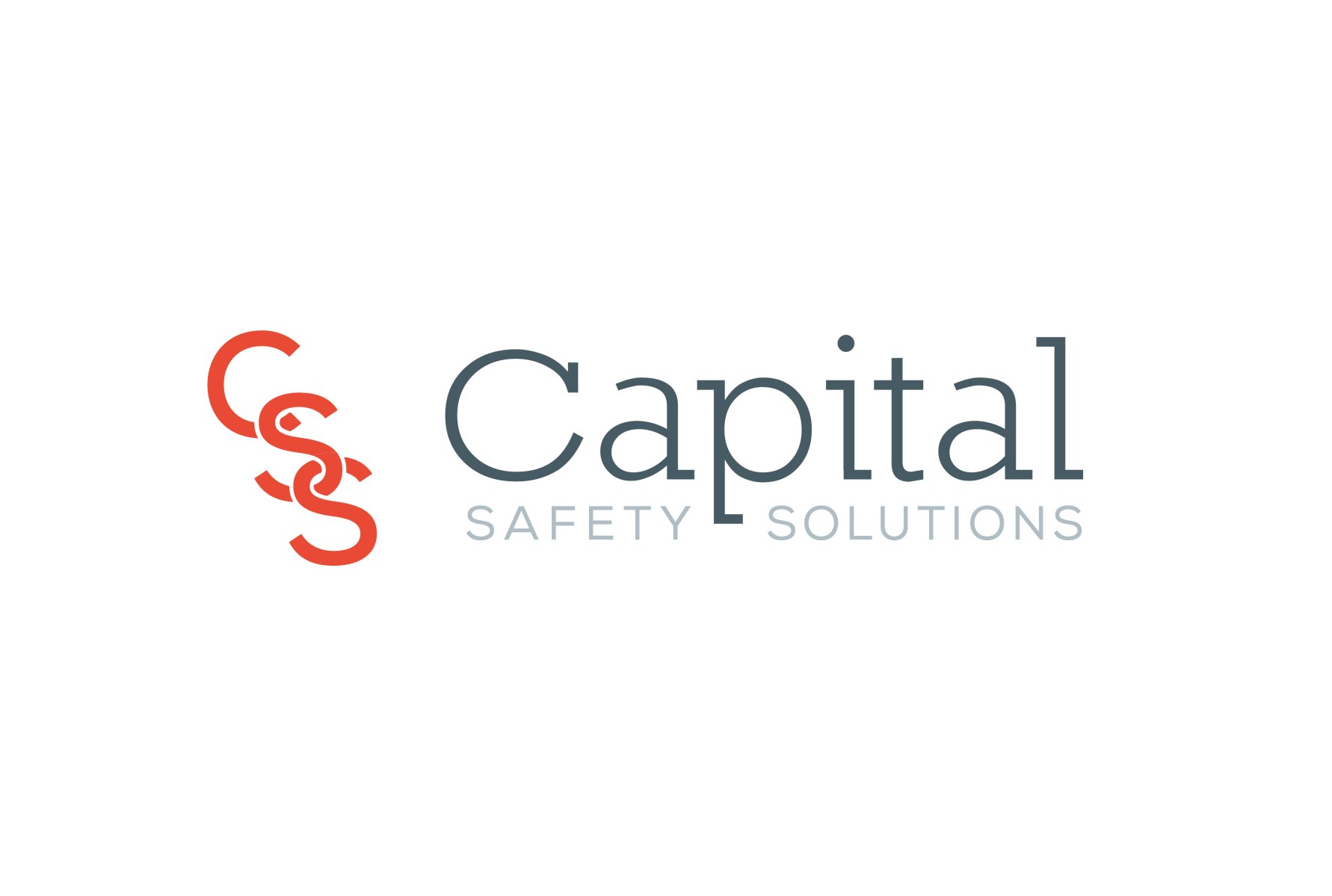With the move towards more accountability and professional delivery of services, the shortfall within our industry is the recognition of an industry standard for emergency response.

With the move towards more accountability and professional delivery of services, the shortfall within our industry is the recognition of an industry standard for emergency response.
What do providers do for industry that goes unnoticed or unchecked, as a contract owner for industry what should your response provider be demonstrating to meet compliance... Emergency Response/Management is a complex animal with different standards to comply with and competency maintenance requirements for skills.
As a response provider, do industry recognise the complex skills and required knowledge to manage emergency situations when comparing tender applications. The scope of a contract is the constant but the quality of skill and knowledge behind the safe delivery of a program is sometimes very hard to articulate.
Capital Crisis Solutions, utilising the many years of practical emergency response experience have identified key requirements within the industry that are key to providing creditable/valid and reliable response within the emergency response environment. Through its auditing and compliance department we are providing an industry certification to recognise these attributes
This certification provides minimum levels of compliance to be capable of providing an emergency response capability within Australian States and Territories, and should be accompanied by appropriate Public Indemnity and Liability Insurance. By linking the Australasian Fire and Emergency Service Authority Councils (AFAC) Emergency Management Professionalisation Scheme (EMPS) into the top tiers, brings together the growing professional standard of incident management across Australia as a one standard across public and private response to emergencies, and assists in the integration of management teams as an incident evolves.
Capital Safety Services brings together personnel with a vested interest in emergency response and fire safety. Our directors have over 50 years of combined emergency services experience.
And with our team of competent, experienced and qualified emergency response professionals, we have the ability to meet all your emergency response needs.
© 2025 coursetakers.com All Rights Reserved. Terms and Conditions of use | Privacy Policy